Get Started for FREE
Sign up with Facebook Sign up with X
I don't have a Facebook or a X account

 Your new post is loading... Your new post is loading...
 Your new post is loading... Your new post is loading...
|

Gilbert C FAURE's curator insight,
November 9, 2014 2:42 AM
did not open where I was, Thks! a major challenge for the future not well understood by supporters of exclusive laboratory automation

Alfredo Corell's comment,
June 9, 2013 2:37 PM
No puedes adjuntar una copia de tu resguardo de pago con el boletín de inscripción. Pero se lo puedes mandar a nuestros administrativos en geclid-sei@ioba.med.uva.es

Alfredo Corell's curator insight,
June 9, 2013 2:55 PM
Programa de los cursos y metodologia docente: http://www.geclidsei.uva.es/mod/resource/view.php?id=3165

Alfredo Corell's curator insight,
January 7, 2013 7:07 AM
It is a european consortium working in an useful and important homogeneization protocols for diagnosis of haematologic malignancies in Europe. The history starts fabulous. Then, when your read the papers and see that some very popular and good flow cytometers aren't there (as the Galios, for example), and when you see also an important byass in the recomended providers for fluorescent monoclonals... it doesn't seem so fabulous. |



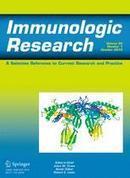

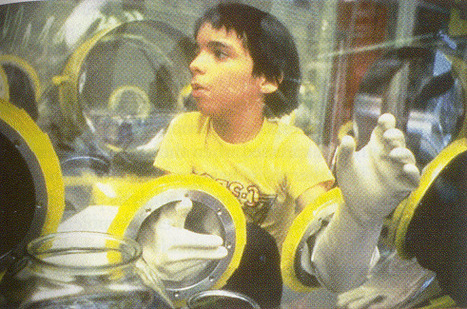
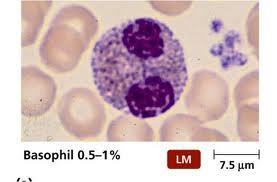
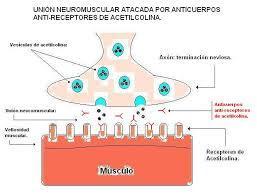

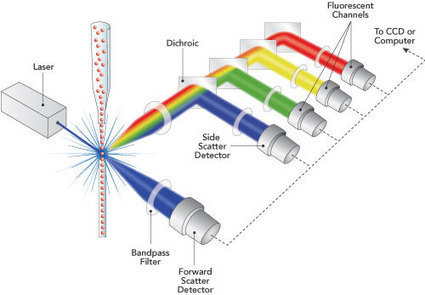

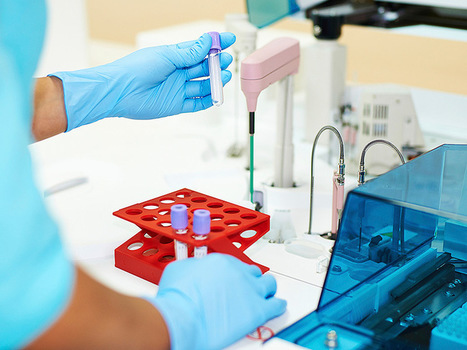


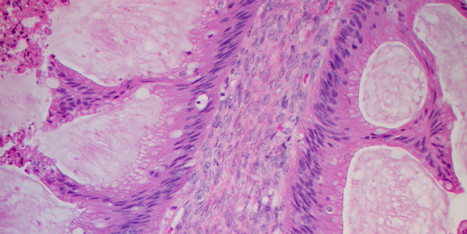

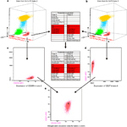





Rheumatoid Arthritis (RA) is an autoimmune destructive joint disease, characterized by the presence of rheumatoid factor and anti-citrullinated peptide antibodies. Anti-citrullinated peptide antibodies were recently defined as RA criterion with sensitivity and specificity of 50–80 and 75–95 %, respectively. However, in the general population, the predictive value of anti-citrullinated peptide antibodies is yet to be determined. Herein, we aim to determine the predictive value of anti-citrullinated peptide antibodies in real life as well as clinical and serological factors related to this value. Retrospective cross-sectional study of consecutive samples evaluated for anti-citrullinated peptide antibodies in a referral autoimmune laboratory. Demographic and clinical parameters at the time the sample was drawn were collected. During November 2011 through December 2013, a total of 215 anti-citrullinated peptide antibody tests were performed in our laboratory. Data were available for 140 samples of which only 28 samples were positive for anti-citrullinated peptide antibodies. Of the 140 patients tested, 18 were diagnosed with RA, of which 12 were positive and 6 were negative for anti-citrullinated peptide antibody test. Thus, in this cohort, anti-citrullinated peptide antibodies were positive in 20 % of samples with a positive predictive value (PPV) of 43 % and a negative predictive value of 95 %. In real life, only 20 % of anti-citrullinated peptide antibody tests referred to a tertiary center where found to be positive. The negative predictive value of this test is very high and may support the common use of anti-citrullinated peptide antibody test as an exclusion criterion in the process of evaluating a patient with rheumatic disease.
Download the pdf: http://link.springer.com/content/pdf/10.1007%2Fs12026-014-8566-4.pdf